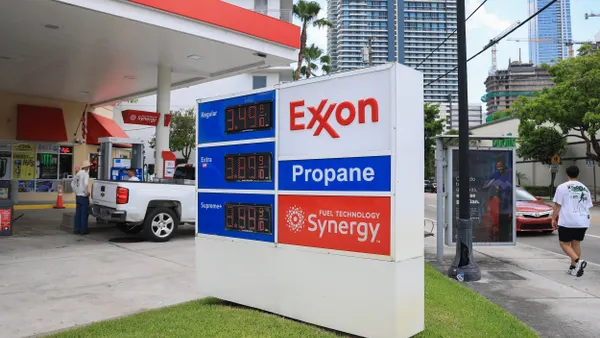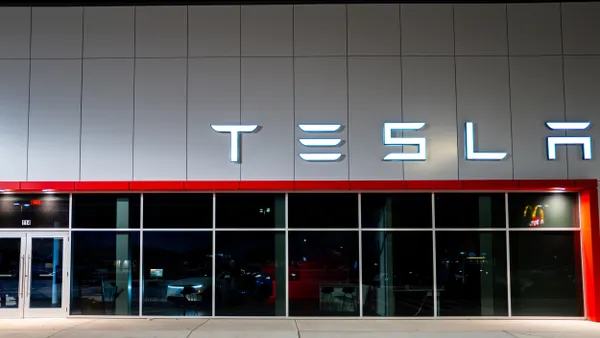Dive Brief:
-
PepsiCo saw a net revenue growth of nearly 9%, the result of the company's efforts to adjust to the pandemic, executives shared in the company's fourth quarter earnings report Thursday.
-
"At the end of the day, people are going to eat and drink, and they like our products," CFO Hugh Johnston told CNBC Thursday. "As a result of that, I think we're in a good position to continue to grow."
-
"In Q2, we were down just like everybody else. We got stronger in Q3, and then even stronger in Q4, as we've really figured out how to navigate the environment," Johnston told Yahoo Finance. "If you look at our operating results, every one of our reportable divisions grew 5%."
Dive Insight:
Even after the pandemic is in the rearview mirror, some behaviors that have benefited PepsiCo will linger, Johnston said. "I think you'll see more working from home, which implies we're probably going to continue to see breakfast at home being an important variable." Beverages might even see improvement, as people return to restaurants where they are most often sold.
"Right now, the grocery business is growing at an accelerated rate, and the food service business is down pretty significantly. Both are important channels," he said. "So, as consumers move to a more out-of-home environment and mobility increases even further, I think we'll just get those sales from different places. Sales certainly will not be under pressure."
From the start of the pandemic, all employees' safety has been the corporation's number one priority, Johnston said. "We put a lot of money behind ensuring [safety]; COVID-related costs for PepsiCo were almost $8 million. We expect that to diminish as we enter the new year, but a lot of those things will stay in place," he said.
As of December 2019, PepsiCo employed just under 270,000 global workers; operationally, Johnston splits them in two: frontline workers, who work in warehouses and manufacturing plants, and office-based "knowledge workers."
By and large, Johnston said, the company has reached a place where it's figured out how to operate successfully, as its fourth quarter results show.
"From a knowledge worker standpoint, I think that the world is probably permanently shifted," he said. "It will certainly be likely, going forward, to be less than five days a week in the office. Even post-pandemic, where we land on that will vary by office, geography and team."
Some teams need to do more work collaboratively, others can work from home a little bit more, and PepsiCo will figure out that balance as it goes, he said. "So we're going to learn through that over time. But I do think there will be a new normal that won't be just a return to the five days in the office."
A company of PepsiCo's size will always have a multitude of challenges, he added.
"Obviously, the pandemic is putting great challenges on everyone. For a company like ours, with such a large supply chain and such a large workforce, it's an even greater challenge than many, I would argue," he said. "Whether it's meeting customer needs or figuring out how consumer priorities are shifting. But we maintain the number one priority that we have is ensuring our workforce's safety, and ensuring we're providing them with what they need to be safe and successful in their jobs."
Johnston credits the company's frontline workforce and supply chain operators' "phenomenal" jobs at keeping business booming. "As a result, we really delivered strong growth in the fourth quarter; 5.7% is a terrific number."
One of the key things the company has done to accelerate its growth amid such precarious circumstances is empower its frontline leaders and regional operating executives to make good fast decisions locally, Johnston said. "That will stick with us beyond the pandemic."
In the fourth quarter, "every one of our sectors grew at least 5%, some 8%," he said. "So, regardless of the environment, we're operating. We've figured out how to do this successfully."













